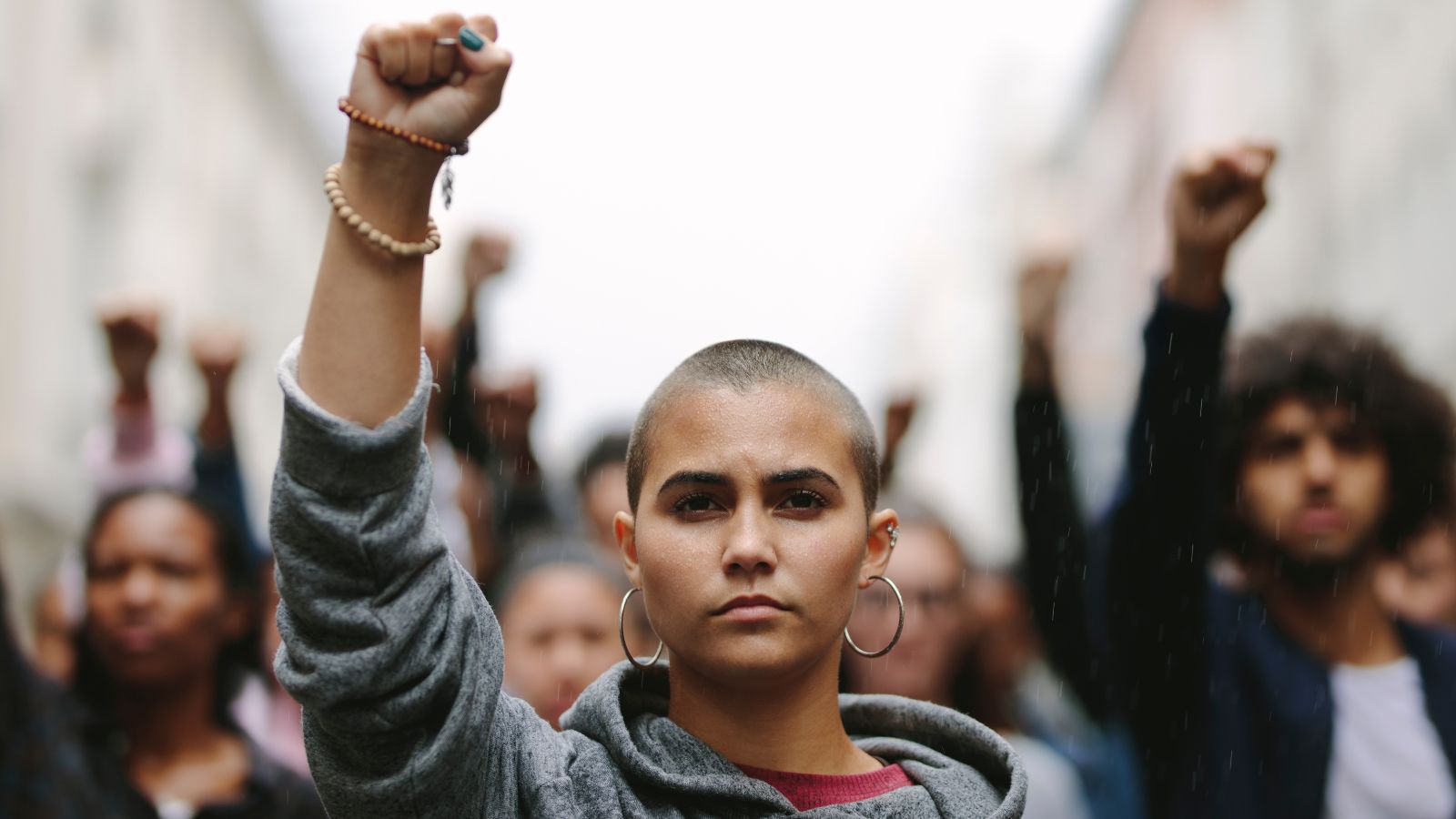A study performed by the Harvard Pilgrim Health Care Institute revealed that lesbian and bisexual women have significantly higher mortality rates than heterosexual women. The data revealed that bisexual women died 37% sooner and lesbian women died 20% sooner when compared to straight women. This study was unique in that it compared subgroups of homosexual women, showing that bisexual women face even greater stressors in many ways when compared to their overall queer communities. These dramatic distinctions are caused by numerous factors. Here are 18 of the reasons why lesbian and bisexual women have shorter lifespans.
Hostile Political Climate
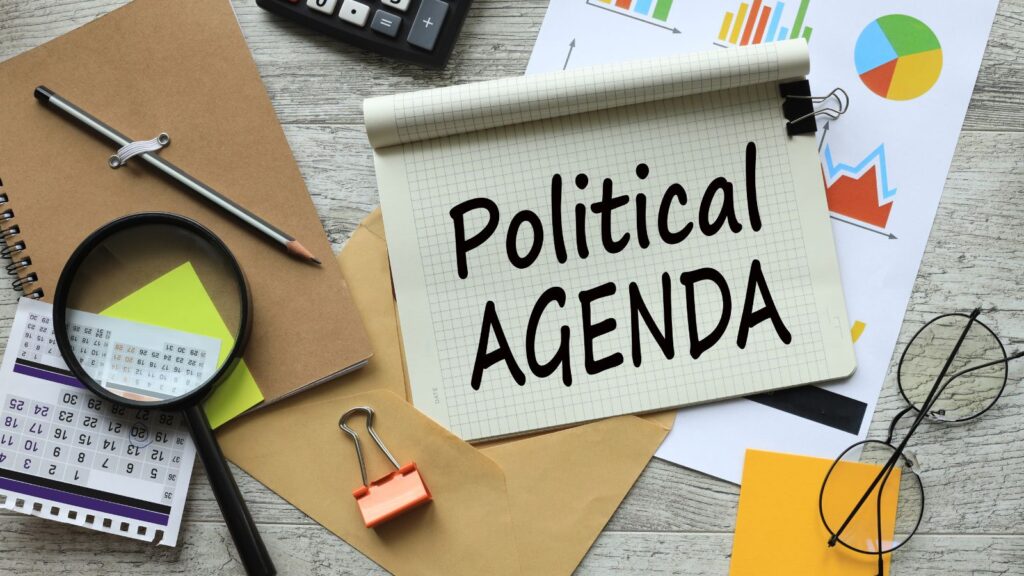
This should come as no surprise. There are currently 515 anti-LGBTQ+ bills in state legislatures, forcing queer folks to defend their right to exist. Such bills include healthcare barriers, school sports bans, curriculum censorship, forced outing in schools, drag bans, and so much more. These can be incredibly harmful to the mental and physical health of lesbian and bisexual women.
Prejudice Within LGBTQ+ Community
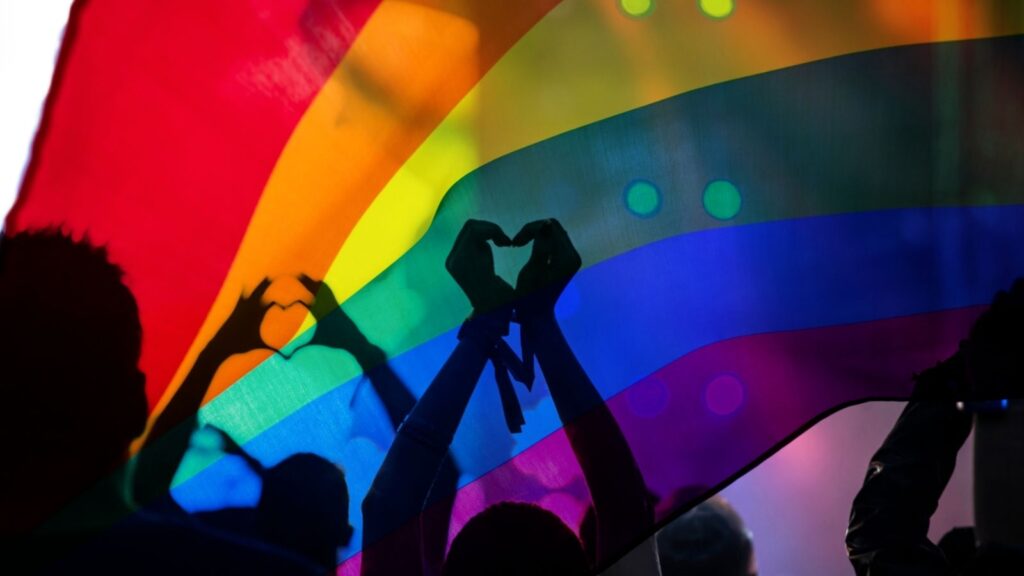
Unfortunately, even within a community that is supposed to be inclusive and accepting, there are always going to be people who don’t subscribe to those qualities. Bisexual people, in particular, face isolation from homosexual subgroups at times, perhaps being made to feel like they are not really a part of the community.
Lack of Representation and Advocacy
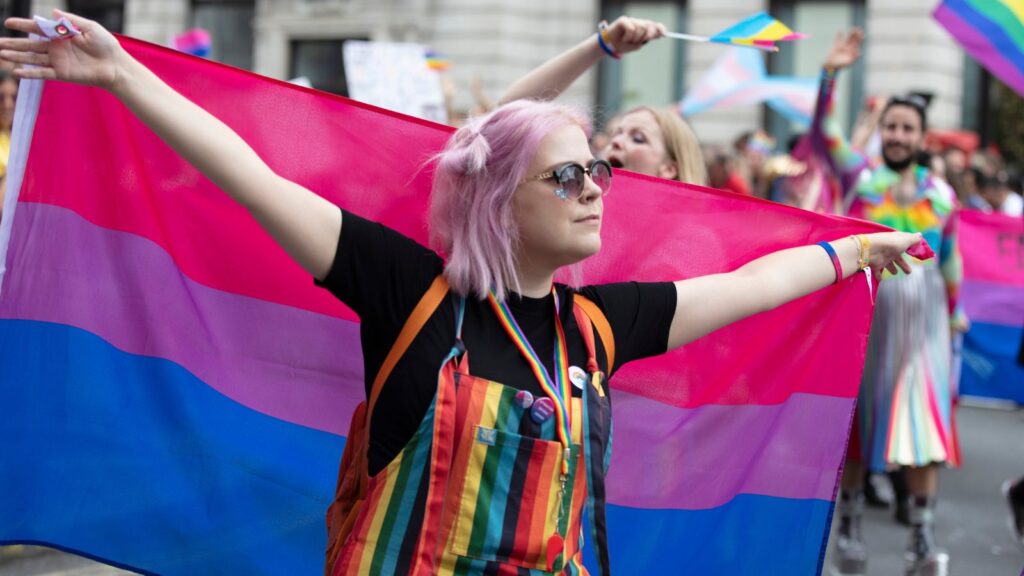
Although gay and lesbian representation has slowly increased in the media, there is a shocking lack of representation for bisexual people. Bi erasure can come from any social group and leads to bisexual people feeling like their sexual identity doesn’t matter or isn’t taken seriously.
Discrimination
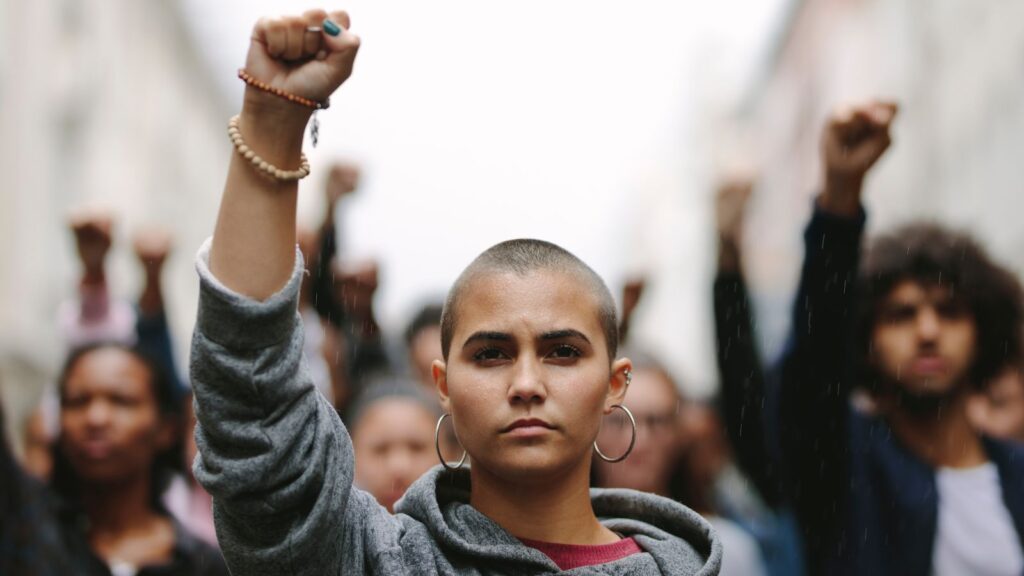
Lesbian and bisexual women are discriminated against both within and outside of their queer communities. Women already face discrimination that is generally worsened by their sexuality being outside the heteropatriarchal norm. These women are threatening to toxic, hypermasculine men due to their clear lack of interest in them, and as we know, hypermasculine men currently have way too much power in our society.
Chronic Stress
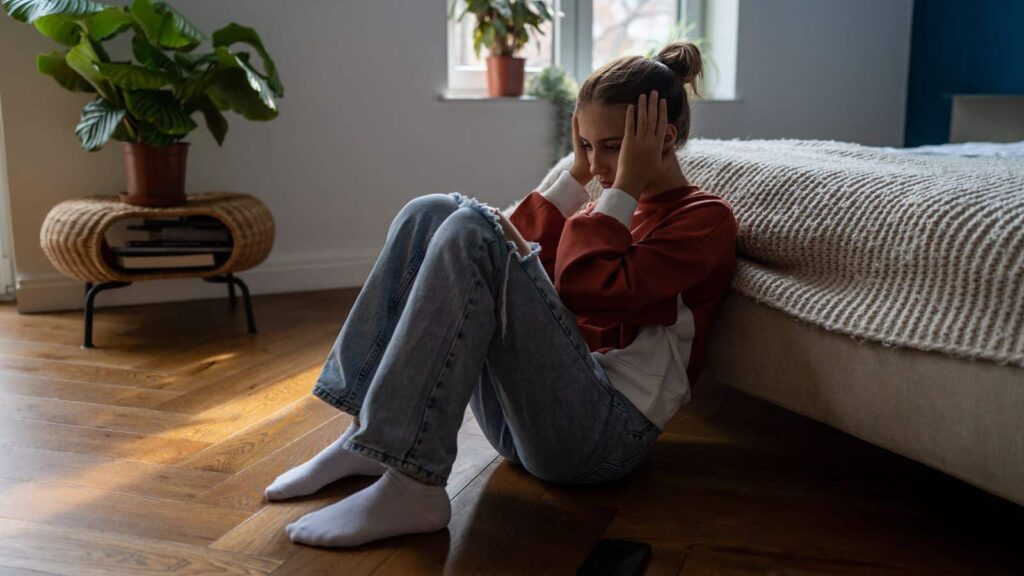
Toxic social forces like discrimination, exclusion, and lack of validation from one’s community and the government can cause immense stress that can manifest itself in numerous ways, both mentally and physically. This is the price of feeling like you have to fight to belong.
Poverty

Roughly 30% of bisexual women live in poverty compared to 21% of heterosexual women and 23% of lesbian women. Poverty is actually America’s fourth-leading risk factor for death, and it adds at least 42% excess risk for mortality.
Assumptions of Promiscuity
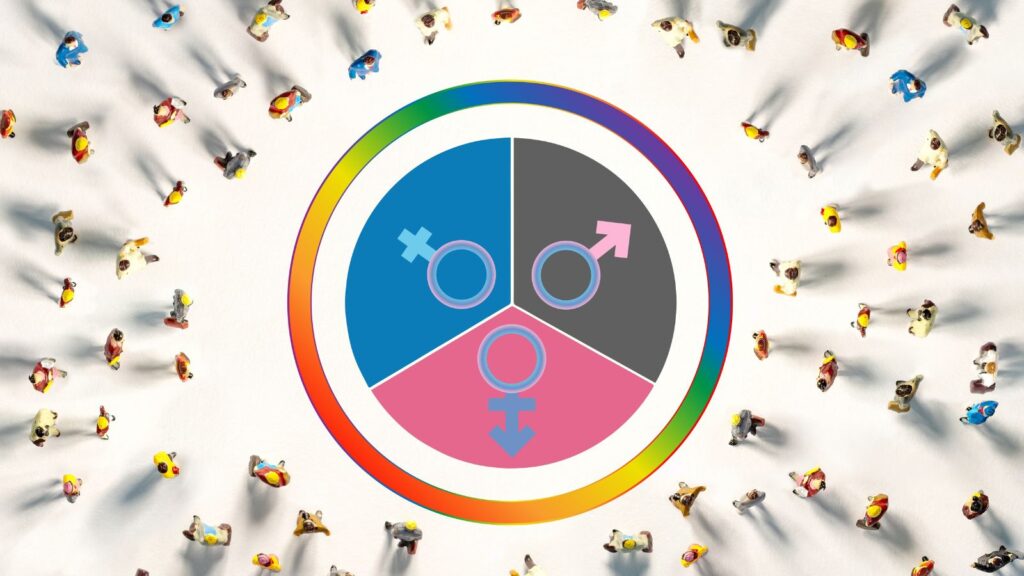
There is a popular stereotype that bisexual women are overly promiscuous. Often in the media, they are portrayed as wanting to have sex with everyone, and while if someone wants to do this consensually, they are more than welcome, it’s a toxic stereotype of bisexual women.
Social Isolation
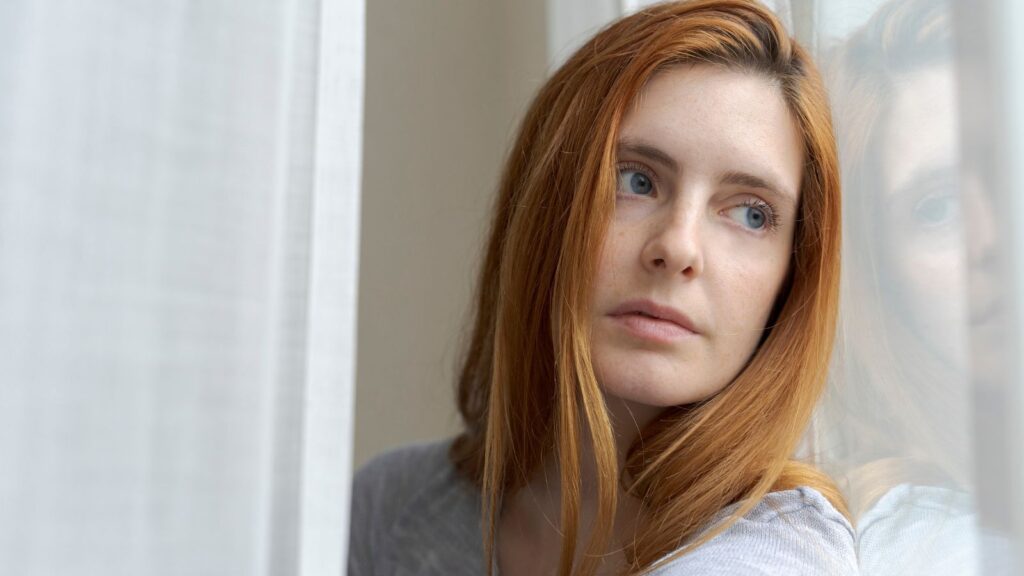
Bisexual people are more likely to hide their sexuality due to perhaps being in a relationship with someone of the opposite sex. People tend to just assume a person’s sexuality based on who they are with at the moment or even based on one throwaway comment about someone they find attractive. This ability to hide one’s true self can absolutely lead to feelings of loneliness and social isolation. The same is true for lesbian women who are closeted. A woman may also be out and continue to feel actively excluded from social groups.
Lack of Inclusive Research

This study, performed by the Harvard Pilgrim Health Care Institute, was actually the first of its kind in many ways. Research and scientific and political developments are crucial to the well-being of social groups, so a lack of progress in that area could lead to higher mortality rates for underrepresented groups.
Struggles with Employment

Many lesbian and bisexual women, along with all queer people, are often abandoned by their families at a young age due to prejudice and not being welcome. Due to this, they are forced to work full-time, perhaps earlier than they would have otherwise. However, many employers also discriminate against non-heterosexual people despite laws preventing it, so they are even more likely to lose their jobs if they are open about their sexuality.
Exclusion from Groups Based on Partner’s Gender Identity
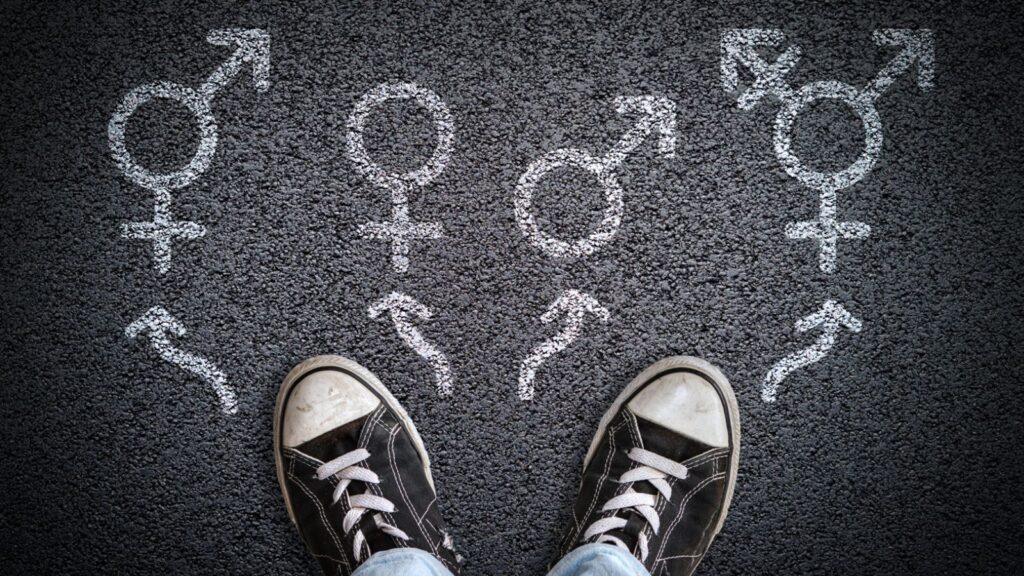
A lot of bisexual people struggle to feel like they belong in any community because they are often seen as either being gay or straight based on who they’re dating at that time rather than being embraced for their whole self. This can lead to feelings of exclusion and social isolation that have negative impacts on mental health.
Higher Suicide Rates
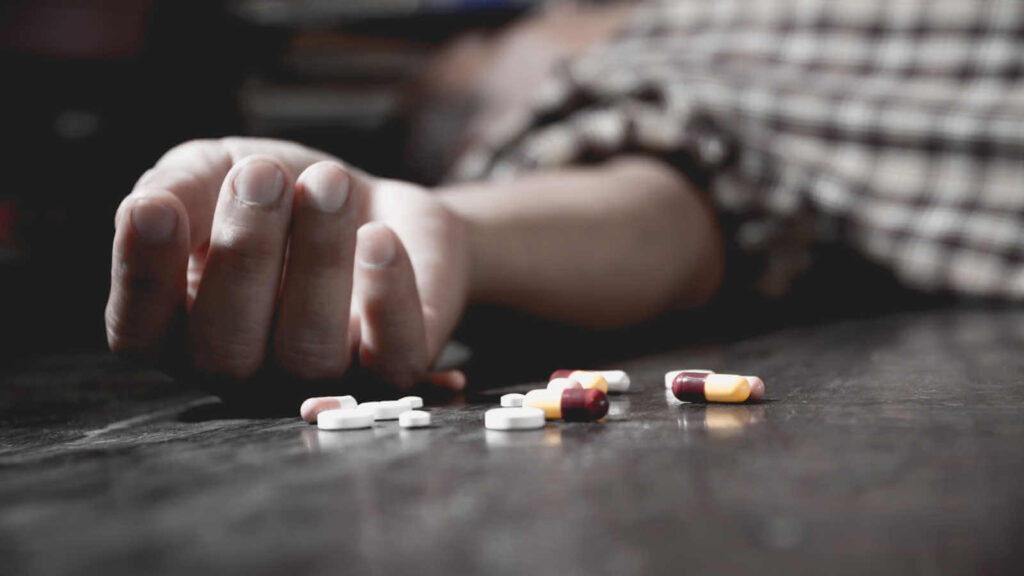
One study found that bisexual people were 4x more likely, and gay people 2x more likely, than straight people to attempt suicide. This leaves lesbian and bisexual women at a much higher rate of death by suicide than straight women and is yet another reason why we need to offer them more communal support.
Domestic Violence

Bisexual women are notably more likely than straight or even lesbian women to face Intimate Partner Violence (IVP). According to a study, 35% of straight women, 44% of lesbian women, and 61% of bisexual women experienced this type of violence in their lifetimes.
Dangerous Coping Mechanisms
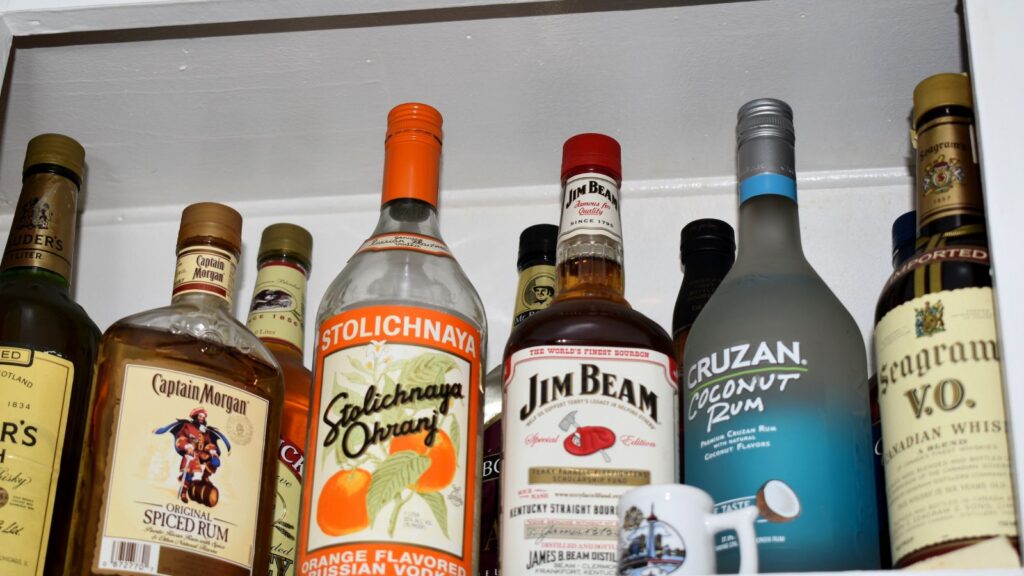
Such dire circumstances can lead to unhealthy coping mechanisms like drug, alcohol, and tobacco abuse. They can also lead a struggling individual to overeat, not eat enough, overwork themselves, lash out, or excessively spend money. All of these negative coping mechanisms need to be replaced by healthy and supportive ones.
Mental Health Issues
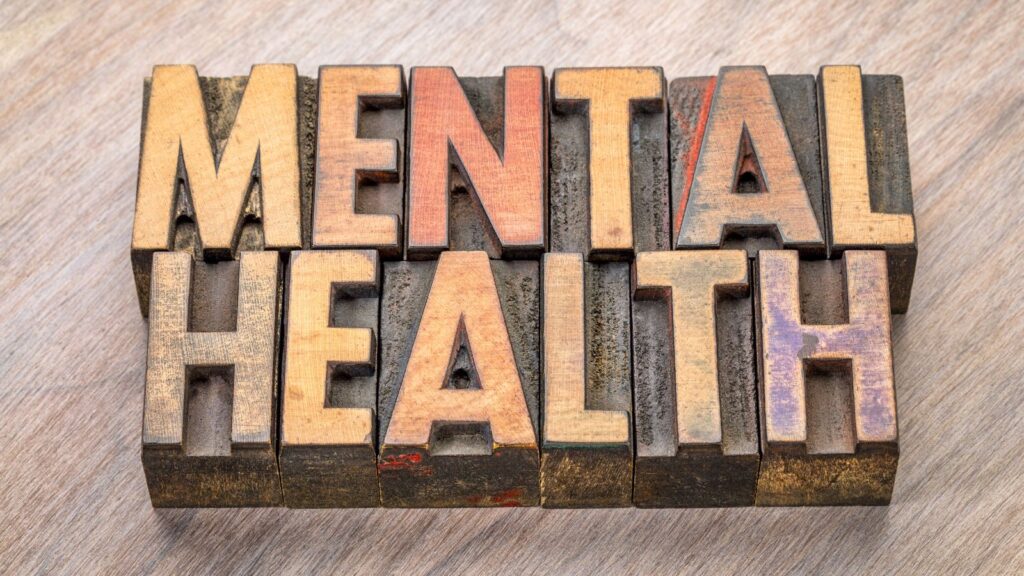
LGBTQ+ people are well known to be prone to excessive mental health problems like anxiety and depression when compared to their straight peers. They have also reported low rates of life purpose regarding believing themselves to matter, valuing their lives, having reasons to live, and finding activities worthwhile.
Systemic Health Barriers

Lesbian and bisexual women experience barriers to healthcare, such as concerns about discrimination, doctor-patient confidentiality, and restricted access to health insurance. We need to work towards a future where these women have unencumbered access to the healthcare they need and don’t experience further health issues due to ignorance.
Substance Abuse

A study revealed that gay people, and particularly bisexual women, had significantly higher chances of developing substance abuse problems, including binge drinking, illicit drug use, and opioid misuse, than heterosexual individuals. This shows how difficult it can be for lesbian and bisexual women to cope in a world they often feel does not accept them.
Gaps in Awareness
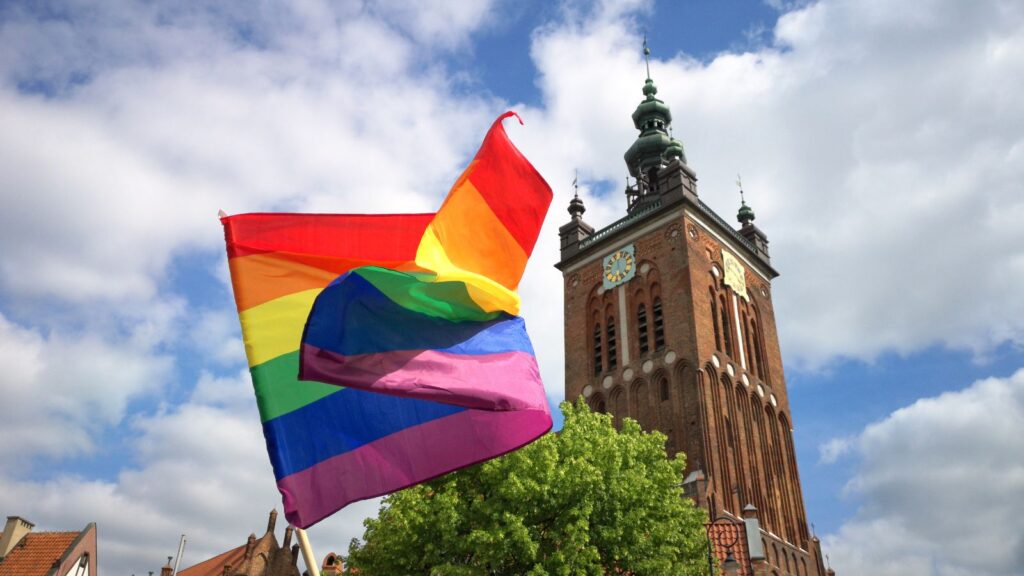
Increased research like the study this piece was founded on is essential to teaching us more about the experiences of other humans. It’s also important that awareness is brought to children in schools, as many of them will turn out to be part of the LGBTQ+ community. Lack of proper education regarding the queer experience harms generations of people, no matter their sexual identity.
18 Behaviors Branded as Low-Class by Society

18 Behaviors Branded as Low-Class by Society
18 Reasons Gen Z Believes They Should Be Paid Without Working

18 Reasons Gen Z Believes They Should Be Paid Without Working
18 Ways Parents Raise Failed Adults
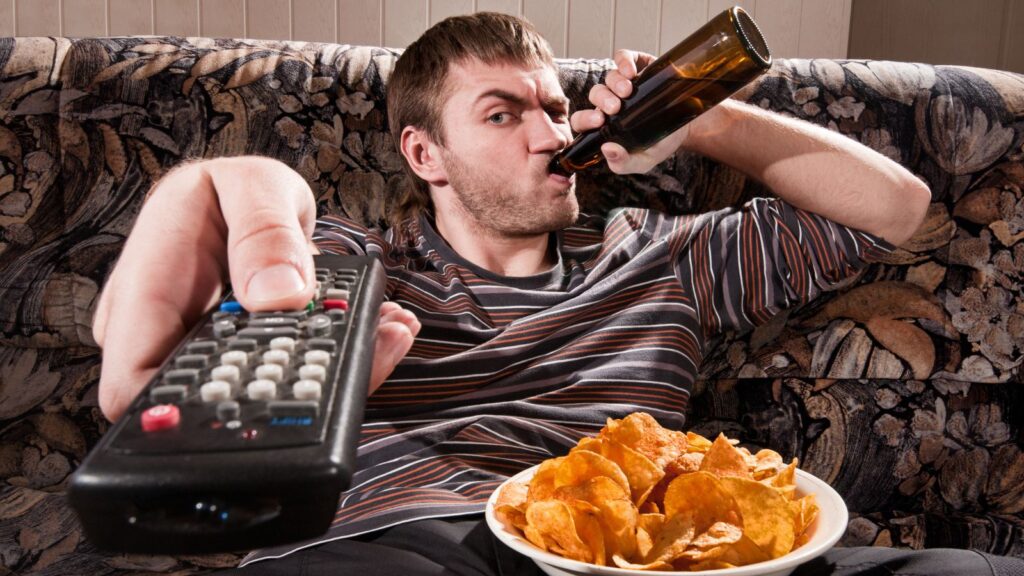
18 Ways Parents Raise Failed Adults
18 Work Practices Millennials & Gen Z Refuse to Accept
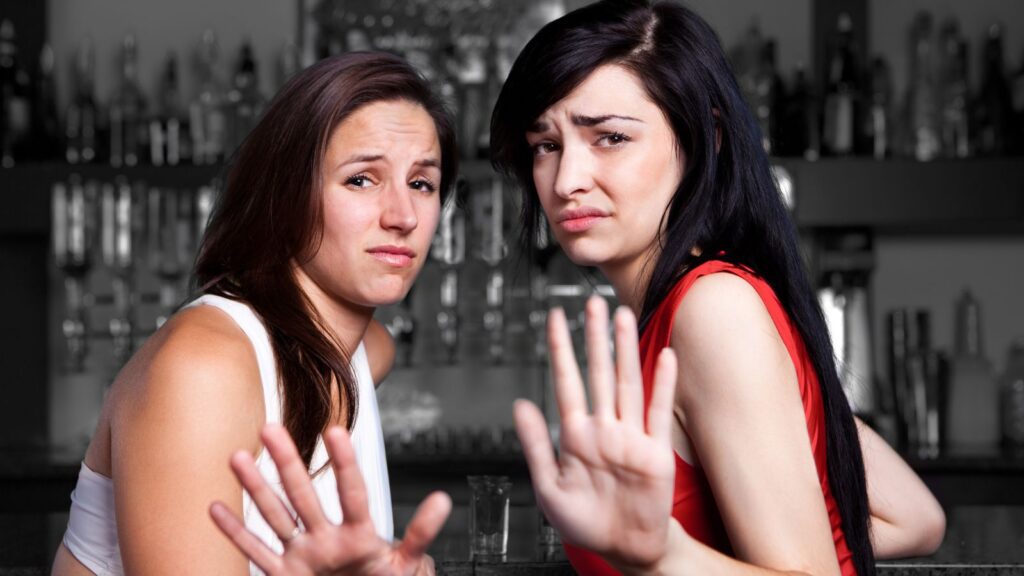
18 Work Practices Millennials & Gen Z Refuse to Accept
23 Personal Topics You Should Never Share With Others

